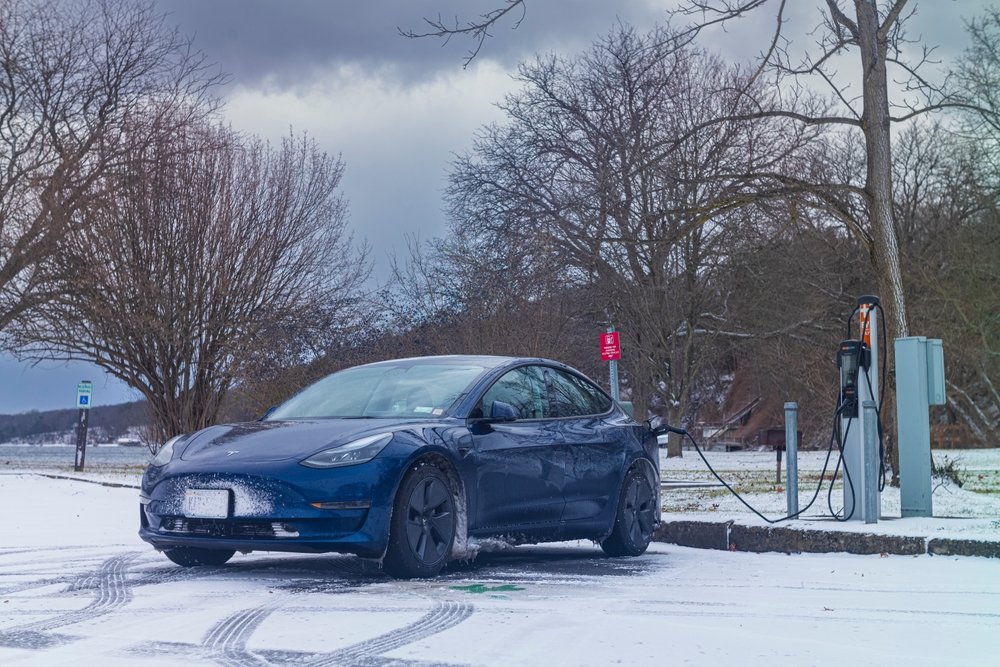Electric vehicles (EVs) are becoming more popular, and more of them are hitting the roads every day. However, not everyone is fully prepared for what owning an EV actually entails.
Others are reading now
More and more people are making the switch from gas-powered cars to fully electric vehicles. But while dealerships try to provide the basics, there are plenty of important details they may not tell you.
That’s why we’ve put together this essential guide to everything you must know before buying or leasing an EV.
Know Your Battery Type and Charge Accordingly
Also read

Most EVs use lithium-ion batteries, which last longer when kept between 20-80% charge. However, if your car has an LFP battery (like some Tesla Model 3), it’s actually best to charge it to 100% regularly to balance the cells.
Use Slow (AC) Charging for Daily Needs
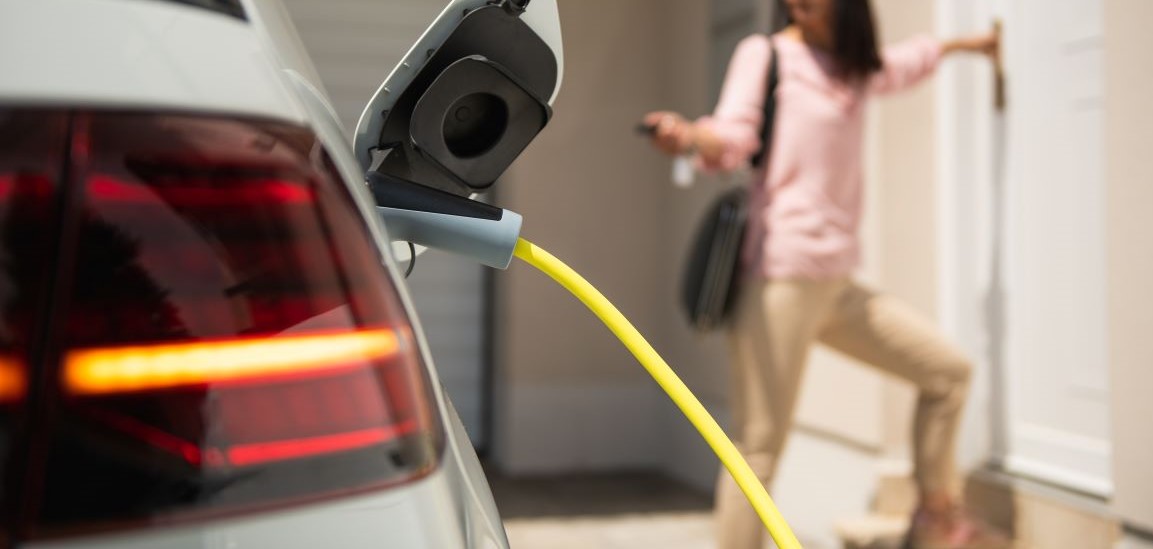
Frequent DC fast charging generates more heat and degrades the battery over time. Use a home charger or public Level 2 chargers for daily charging and reserve fast charging for road trips.
Avoid Fast Charging Right After Heavy Driving
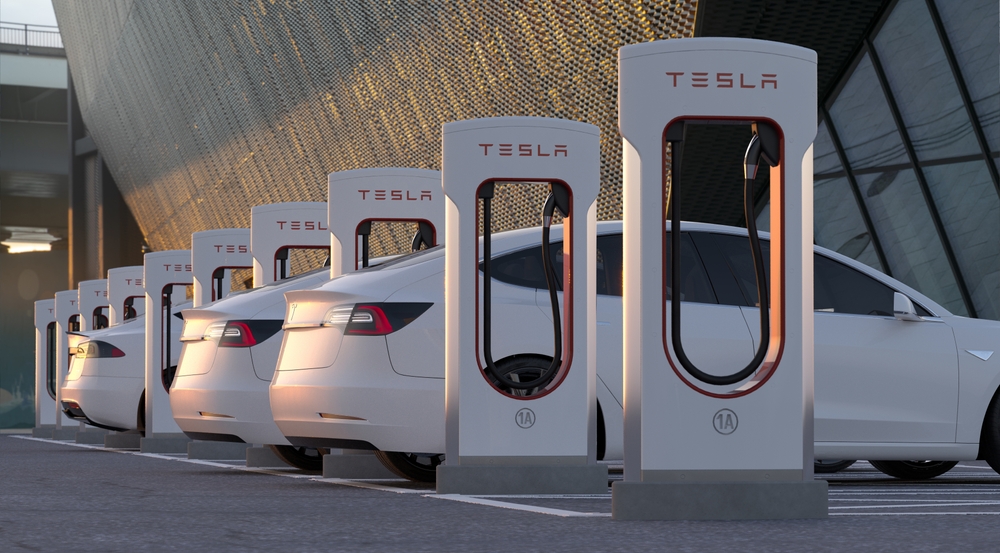
If you’ve been driving at high speeds in hot weather, your battery is already warm. Let it cool down before plugging into a DC fast charger to avoid unnecessary stress on the cells.
Keep Your EV Software Up to Date
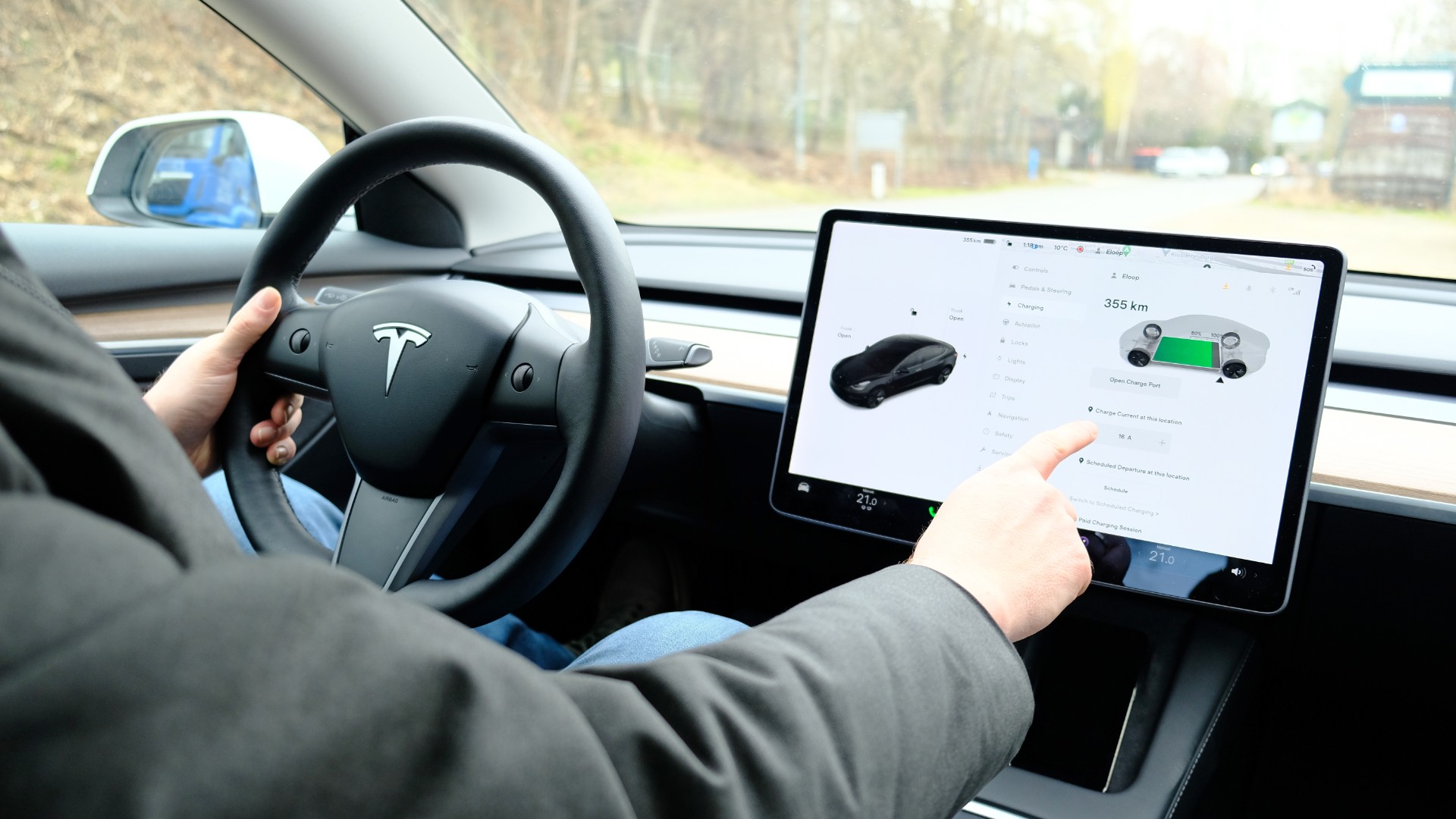
Car manufacturers regularly release software updates that optimize battery management, charging efficiency, and range calculations. Make sure your EV is always running the latest software.
Precondition the Battery in Cold Weather

Cold temperatures slow down battery performance and make charging inefficient. If your car has a battery preconditioning feature, use it before charging or driving in freezing weather.
Park in the Shade on Hot Days

Extreme heat can degrade battery health over time. Park in shaded areas, garages, or use the car’s thermal management system if available to keep the battery cool.
Use Regenerative Braking to Extend Range
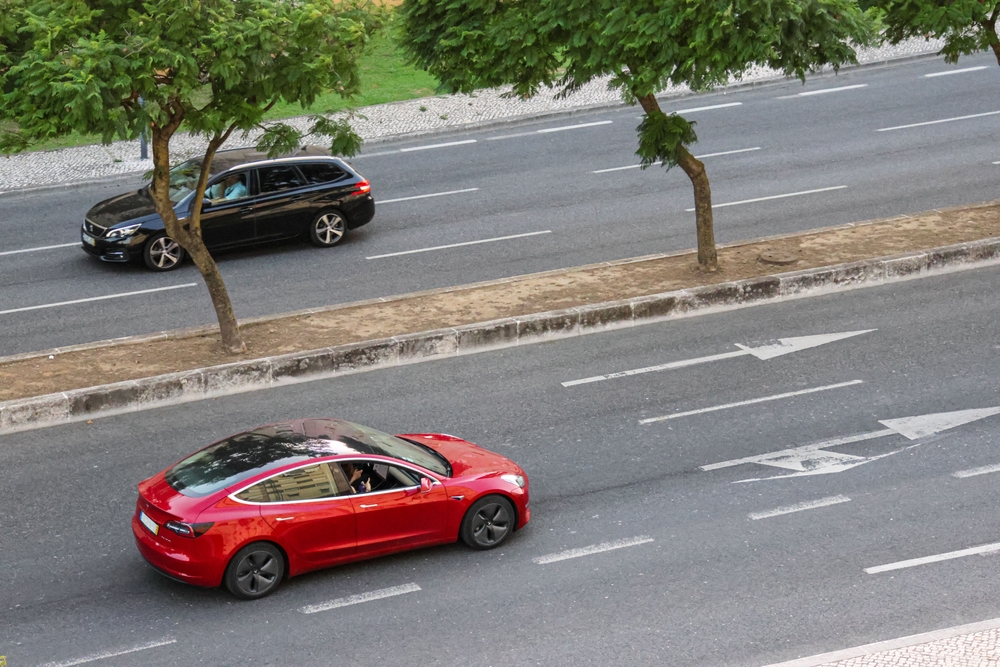
Regenerative braking helps recover energy and improves efficiency. Adjust the regen settings based on your driving preferences to maximize energy recovery and reduce brake wear.
Plan Charging Stops for Long Trips
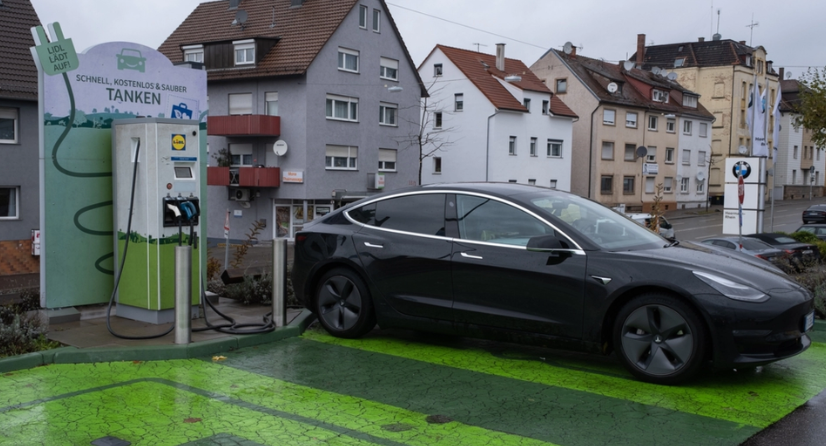
Don’t run your battery to 0% before looking for a charger. Plan ahead so you can charge before hitting critical levels, reducing battery stress and ensuring a smoother trip. Most EVs have a built-in navigation system that automatically plans charging stops along your route. However, many drivers prefer using the ABRP app, as it includes a much wider range of charging stations and factors in weather conditions, among other variables.
Keep the Car Plugged in During Freezing Temperatures
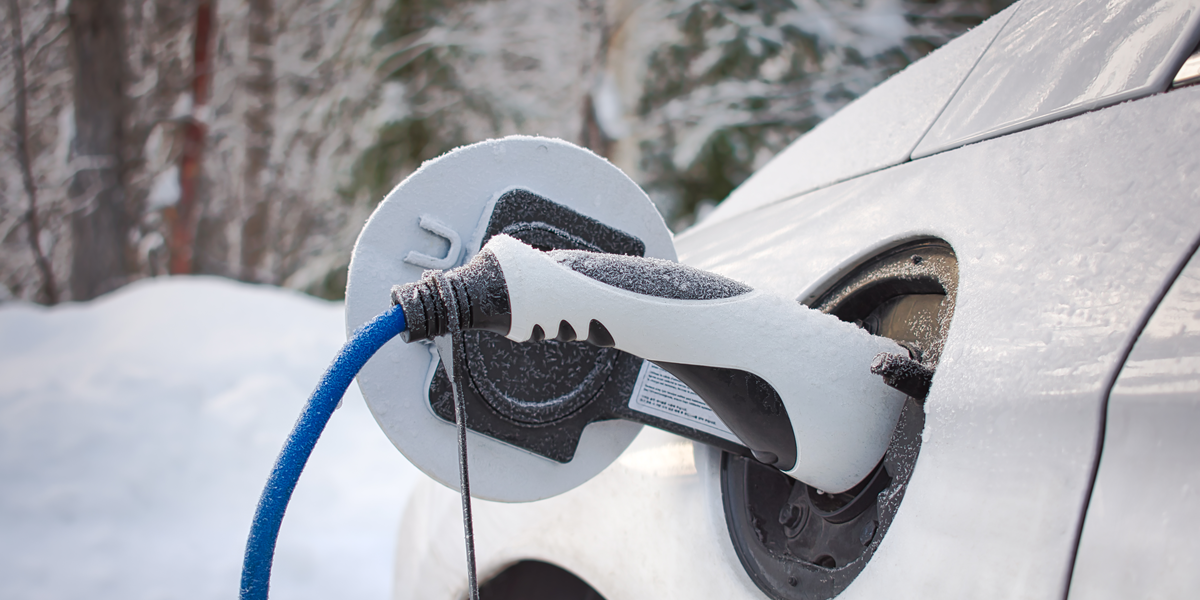
If you’re leaving your EV parked for days in sub-zero temperatures, keep it plugged in to maintain an optimal battery temperature and prevent extreme cold from affecting performance.
Only Use Certified Charging Equipment
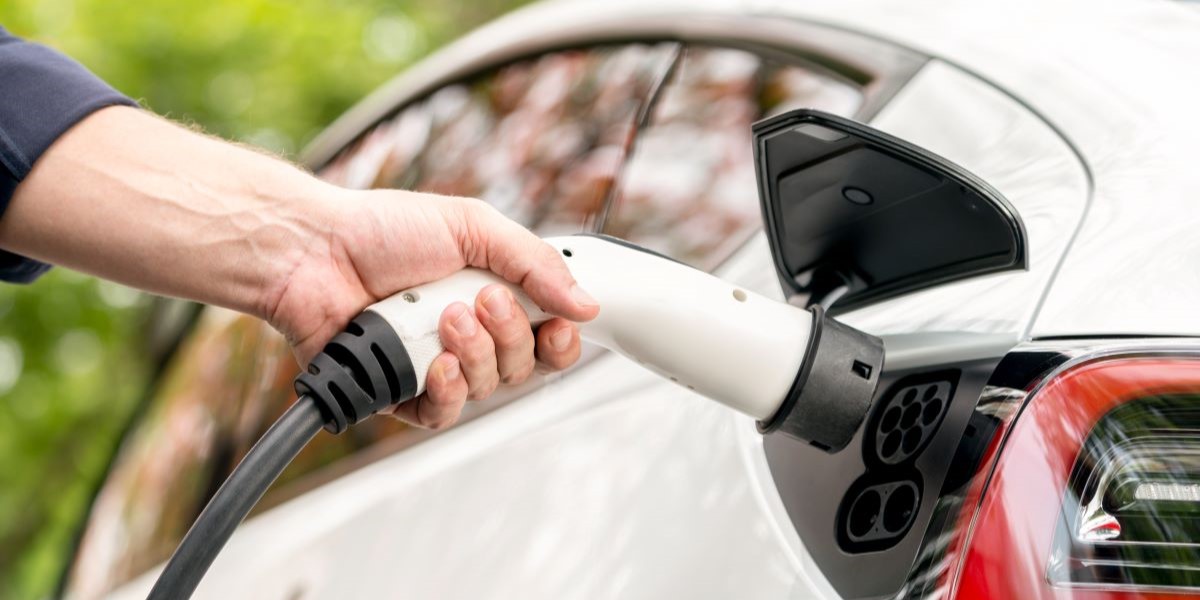
Cheap or off-brand chargers can deliver inconsistent power and damage your battery over time. Always use manufacturer-recommended chargers or trusted third-party options.
Drive Smoothly to Preserve Battery Life
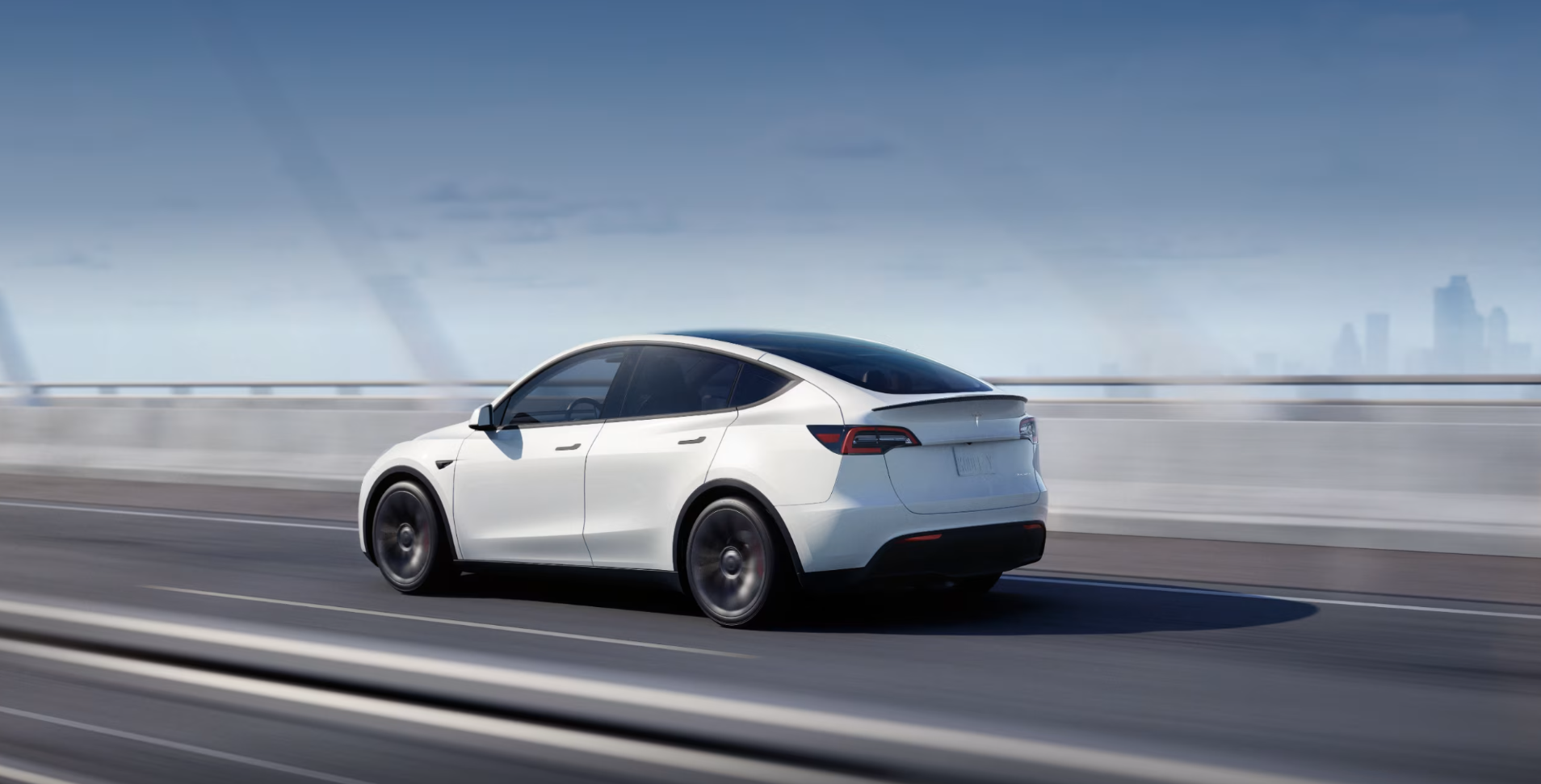
Frequent hard acceleration and braking increase energy consumption and heat buildup, which can wear down your battery. A steady, moderate driving style is best for efficiency.
Pay Attention to Battery Temperature Warnings
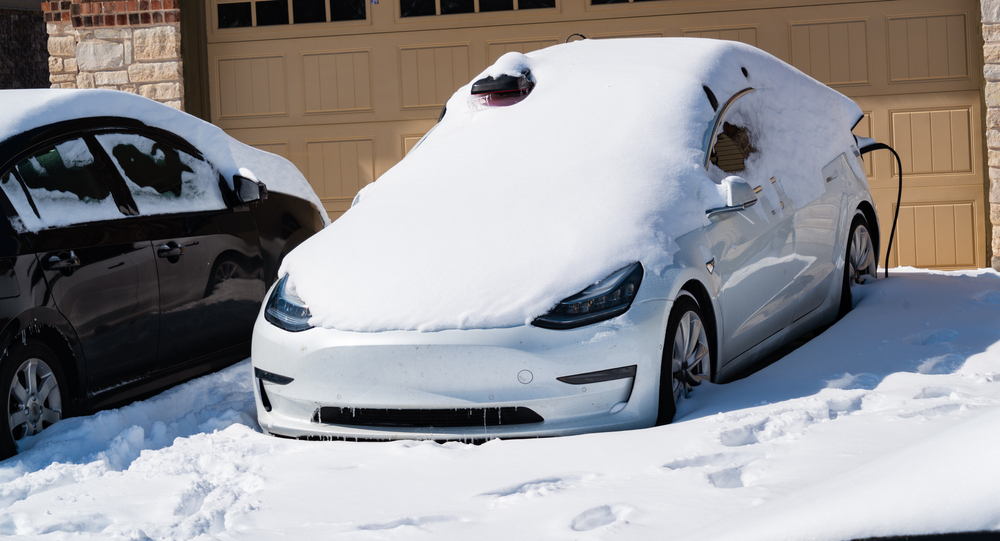
If your EV warns you about high battery temperatures or cooling system issues, don’t ignore it. Overheating can cause long-term damage, so let the battery cool down or get it checked if needed.
Use Scheduled Charging to Reduce Battery Stress
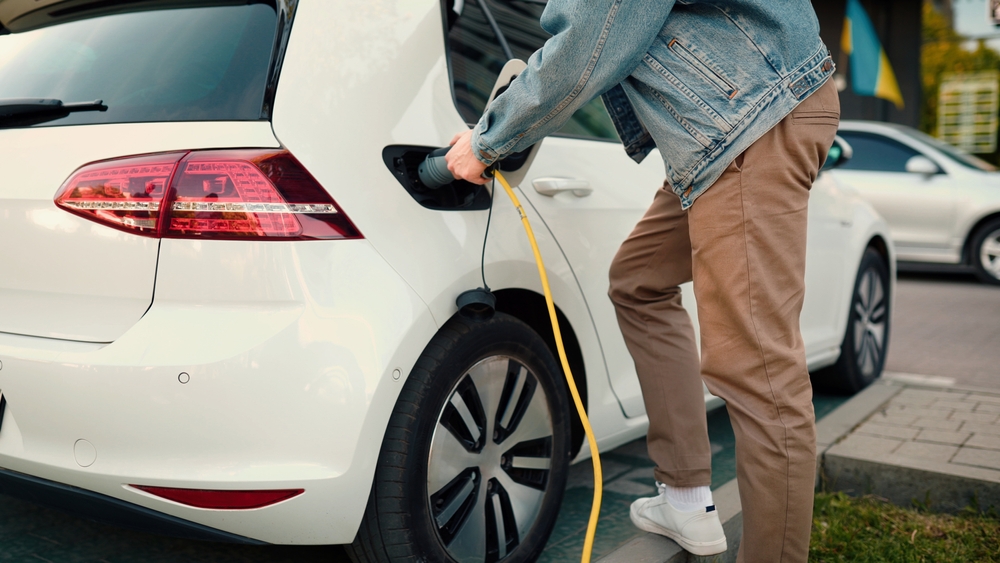
Most EVs let you schedule charging so the battery doesn’t sit at 100% for long periods. This helps reduce degradation and extends battery lifespan.
Avoid Leaving Your Battery Fully Charged if You’re Not Driving Soon
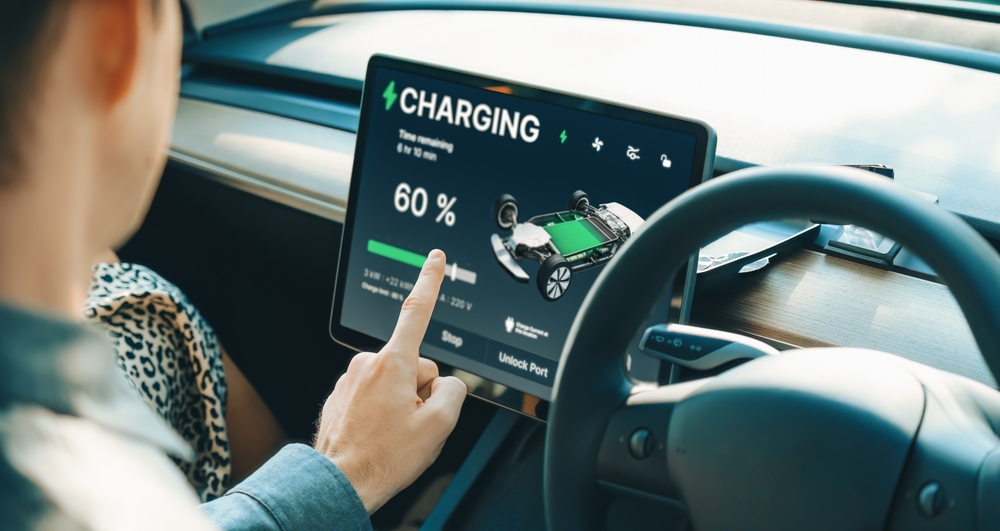
A fully charged battery sitting idle for long periods can speed up capacity loss. If you’re not taking a long trip, it’s better to charge to 80-90% rather than 100%.
Don’t Worry About Battery Longevity—They Last Longer Than You Think
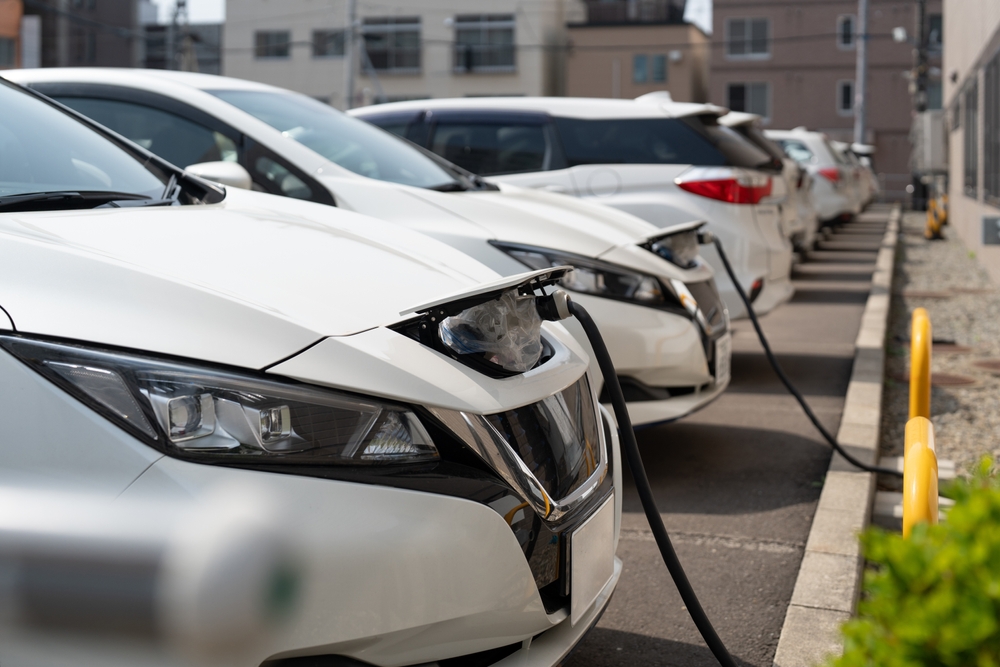
Many people believe EV batteries wear out quickly, but studies show that most EVs retain over 80% of their capacity after 8-10 years. With proper care, your battery will likely outlast the car itself.

